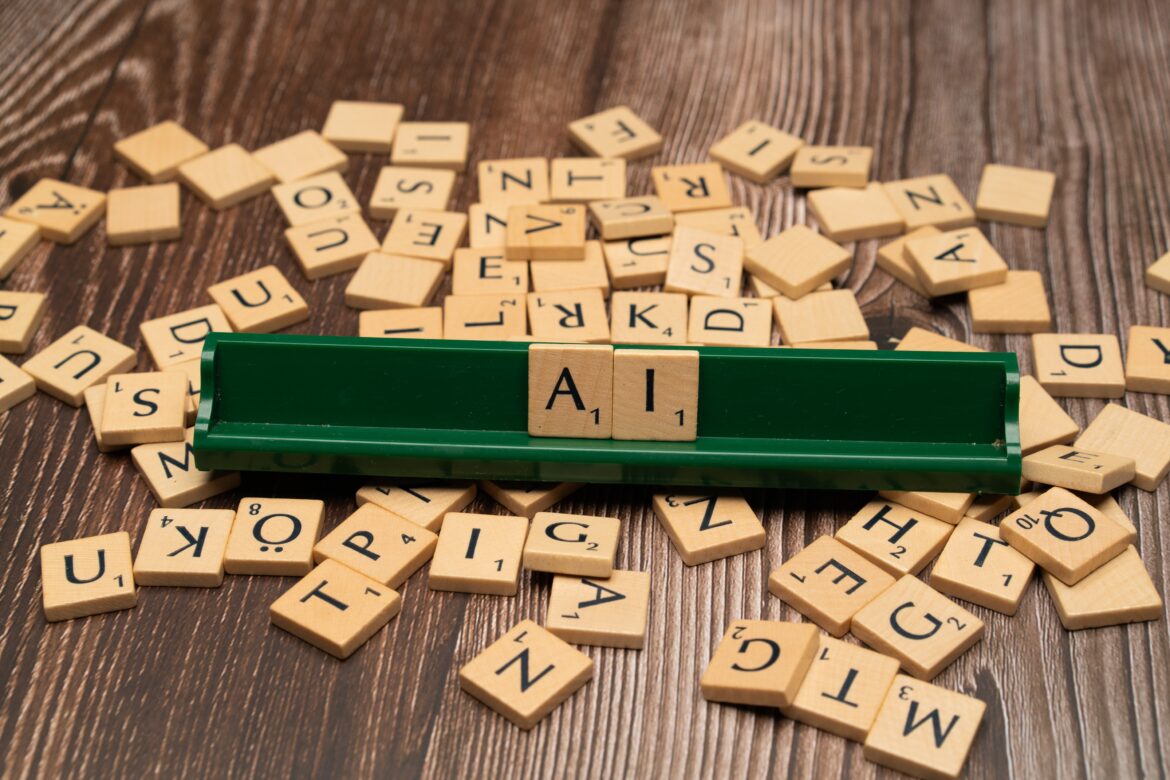An Oxford University expert has claimed that artificial intelligence (AI) may identify early indicators of dementia using our mobile phones far earlier than doctors can.
The digital world has undergone tremendous transformation because to artificial intelligence (AI). It has the potential to revolutionize healthcare as well. According to a recent study conducted by an Oxford professor, AI may help us identify dementia far earlier than medical professionals can.
According to Michael Wooldridge, an Oxford University computer science professor, we will be able to identify dementia symptoms early on thanks to cellphones. He clarified that one potential symptom of the illness is increased hesitation, which technology could detect in a person when they are using their gadget.
He expressed his optimism about the potential benefits of artificial intelligence (AI) in healthcare at a debate on the technology’s advantages and disadvantages held at The Times and Sunday Times Literature Festival. According to Wooldridge’s colleagues at Oxford, artificial intelligence (AI) will make it possible to detect dementia in its early stages based only on how people use their phones.
AI in medical field
According to Wooldridge, healthcare and the medical industry can greatly benefit from AI provided it is applied effectively and under control. Through the analysis of people’s eye movements and speech patterns, it is already being utilized in certain contexts to assist identify early onset dementia.
These tools, according to researchers, will be crucial in lessening the load on dementia evaluation services. According to a Royal College of Psychiatrists report, the average wait time from a dementia referral to a diagnosis grew from 13 weeks in 2019 to 17.7 weeks in 2021.
Threats involved
Wooldridge cautioned, meanwhile, that hackers might use big language models, like ChatGPT, to carry out cyberattacks. He claimed that malicious actors may attack organizations like the Ministry of Defense and the NHS by “firing off a huge number of requests to a website” using chatbots.
One of the simplest types of cyberattack is a denial of service attack, which involves flooding servers with a deluge of false requests for information, blocking the flow of legitimate online traffic.
According to Wooldridge, “the website just gets drowned and it can’t respond.” The people who make ChatGPT, Open AI, will probably want to stop you from doing that. But what would happen in a few years if everyone had a sizable language model downloaded from the dark web and it was possible to access it on a laptop or smartphone without any obstacles or safeguards.



